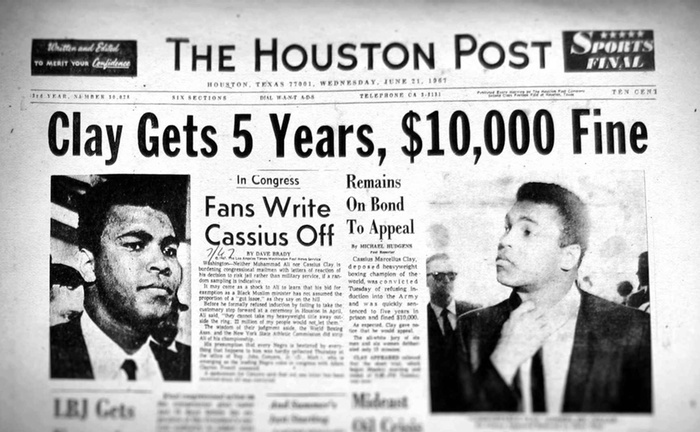Vietnam Draft Deferments
In the United States, military conscription has been used many times during its wars, particularly in the Cold War. Even though the draft was abolished in 1973, men of draft age (between 18-25 years) still have to register with the Selective Service System within 30 days of the 18th birthday so a draft can be readily resumed if needed.

During the Vietnam War, about two-third of American troops were volunteered, the rest were selected for military service through the drafts. In the beginning of the war, names of all American men in draft-age were collected by the Selective Service System. When someone’s name was called, he had to report to his local draft board, which was made up of various community members, so that they could begin to evaluate his draft status. By this manner, local draft boards had an enormous power to decide who had to go and who would stay. Consequently, draft board members were often under pressure from their family, relatives and friends to exempt potential draftees.
Most of U.S. soldiers drafted during the Vietnam War were men from poor and working-class families. The least political power sections were mistreated. As a matter of fact, American forces in Vietnam included twenty-five percent poor, fifty-five percent working-class, twenty percent middle-class men, but very few came from upper-classes families. Many soldiers came from rural towns and farming communities.
 “Draft dodgers”
“Draft dodgers”
Even though there was some opposition to the draft even before the U.S. direct involvement in Vietnam, the conflict saw new levels of opposition to the call-up. As American troop strength in Vietnam shot up, more young men of call-up age sought to avoid or delay their military service and there were some legal ways to do that. Men who had physical or mental problems, were married, with children, attending college or needed at home to support their families might be granted deferments. It is worth noticing that many men received deferments were from wealthy and educated families. Prominent political figures accused of avoiding the draft includes Bill Clinton, Joe Biden and Dick Cheney.
While President Johnson ended marriage deferment on August 26, 1965, some men claimed to be homosexuals while many others chose to flee to a neutral country such as Canada and Mexico to avoid the draft. These people were derogatorily referred as “draft dodgers” – a term made popular during the Vietnam War.
In the beginning, many people looked at “draft-dodgers with contempt as being “cowards”. As American casualties rocketed up while the U.S. could not see the light at the end of the tunnel as claimed by its government, the conflict in Vietnam became more and more unpopular. As a result, more people got involved in the anti-war and draft resistance movement and backed these draft-dodgers. The draft process was also scrutinized carefully owing to the increasingly unpopularity of the Vietnam War.
